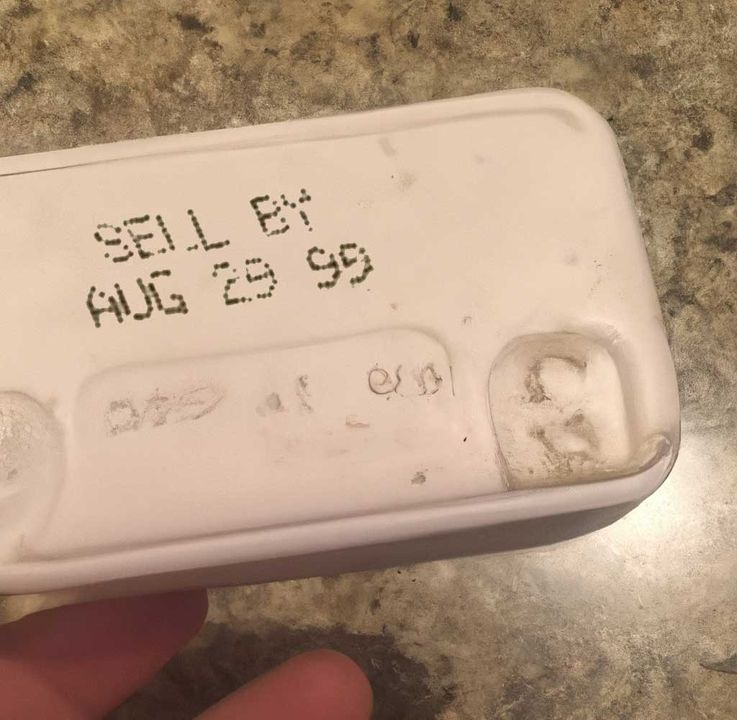When to actually throw out food
When determining whether to throw out food, it’s important to consider factors beyond the expiration date, including the type of food, storage conditions, and signs of spoilage. While canned goods and dry pantry items may last well beyond their expiration dates, perishable items like meat, dairy, and produce should be consumed within a certain timeframe to ensure safety. Trust your senses—offensive odors, changes in color or texture, and mold are clear indicators that food has gone bad. Additionally, use safe food handling practices and proper refrigeration to extend the shelf life of your food and prevent spoilage.
It’s also important to understand that expiration dates are not the same as “guaranteed safe” dates. Although they serve as helpful guidelines, they do not guarantee that a food product is free from harmful pathogens or spoilage. In fact, foodborne illness can occur even when food is consumed before its expiration date, especially if it has been improperly handled or stored. As such, it’s crucial to maintain good kitchen hygiene, wash hands and surfaces frequently, and cook foods to recommended internal temperatures to ensure safety.
In addition to health considerations, being mindful of food expiration dates can also help reduce food waste, a significant global issue that has environmental and economic implications. By better understanding and interpreting food expiration dates, consumers can optimize their food purchases, use products before they spoil, and minimize the amount of food that ends up in landfills. There are also innovative solutions like food-sharing apps, which allow users to share surplus food with others in their community, and initiatives by food banks to collect and distribute near-expiration food items to those in need.
Despite the challenges and ambiguities surrounding food expiration dates, there are steps that consumers can take to make more informed decisions. First, familiarize yourself with the different expiration date terms and their meanings. Second, be vigilant about proper food storage and handling to maximize freshness and safety. Third, use your senses and judgment to assess food quality, especially if an item is past its expiration date. And finally, consider creative ways to repurpose leftovers and reduce food waste.
👇 To continue reading, scroll down and click Next 👇
ADVERTISEMENT

